What’s It All About?
Clarifying the New Tax Law and Your ChildVoice Giving
The country’s largest tax reform in more than 30 years became a reality for Americans in 2018. In the midst of understanding the new tax law, there seems to be a general lack of clarity regarding how this will affect individuals, businesses, and charitable organizations. We hope the following points help clarify some of the misconceptions we’re seeing regarding the new tax law.
Some of the most significant changes are:
Lower tax rates on taxable income;
10% up to $9,525 for an individual, and up to $19,050 for married filing jointly
12% from $9,525 to $38,700 for an individual, and $19,050 to $77,400 for married filing jointly
22% from $38,700 to $82,500 for an individual, and $77,400 to $165,000 for married filing jointly
24% from $82,500 to $157,500 for an individual, and $165,000 to $315,000 for married filing jointly
Three more rates up to a maximum rate of 37% for income of more than $500,000 for those filing as an individual, and $600,000 for married filing jointly
An increase in the standard deduction from $6,350 to $12,000 when filing as an individual, and from $12,700 to $24,000 for married filing jointly;
Elimination of the $4,050 personal exemption;
Expanded Child Care Credit (a dollar-for-dollar refund of taxes) from $1,000 to $2,000 per child;
Limiting of state and local tax deduction to $10,000;
Limiting of interest on mortgage deduction for a new home to a maximum of $750,000 mortgage;
Significantly lowering small-business taxes;
Significantly lowering corporate taxes; and
Changing the way multinational corporations are taxed to be more consistent with the way most countries tax these entities.
While the opportunity to take a deduction for charitable donations still exists under the new tax law, the standard deduction threshold for itemizing your deductions, including charitable donations, has been raised. Therefore, while you may have itemized your deductions in the past, you may not meet the threshold for itemizing going forward.
The bottom line is this -- the great majority of our donors will actually have more discretionary income as a result of the new tax law, and we feel that what benefits our donors benefits ChildVoice. We also feel that most ChildVoice donors give to our work because they believe strongly in what we are doing to relieve suffering and trauma among war-affected adolescent girls—and not simply for a tax deduction.
We recommend that you meet with your tax adviser to discuss any questions you might have regarding the new law and its impact on your charitable giving. We are grateful for your past support and we trust you will continue your generous giving as we strive to bring the ChildVoice model to even more war-torn regions of the world.

